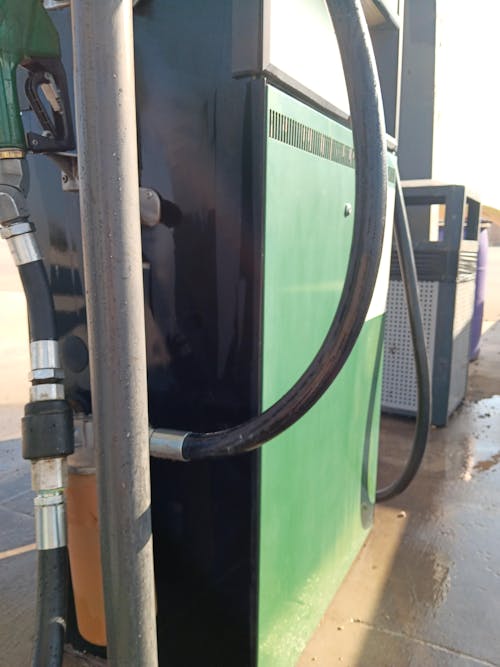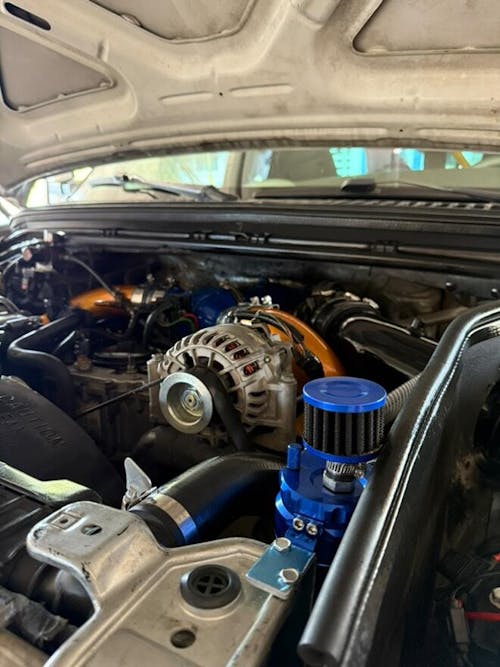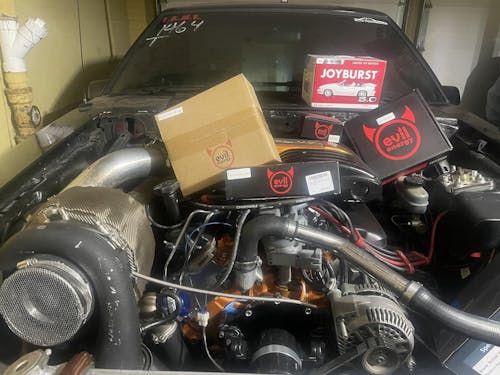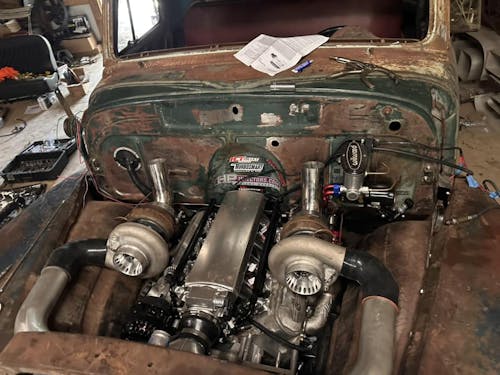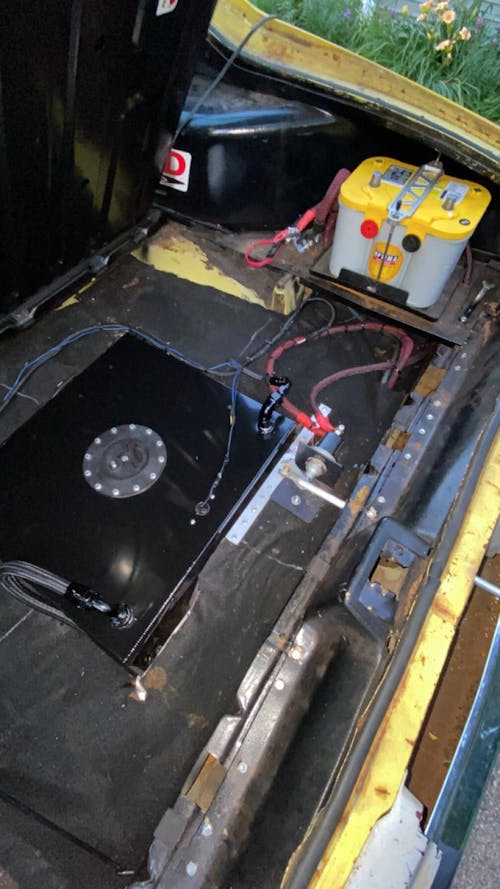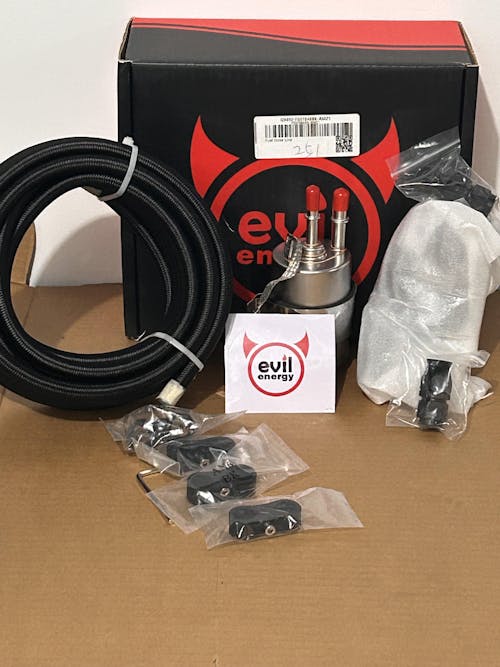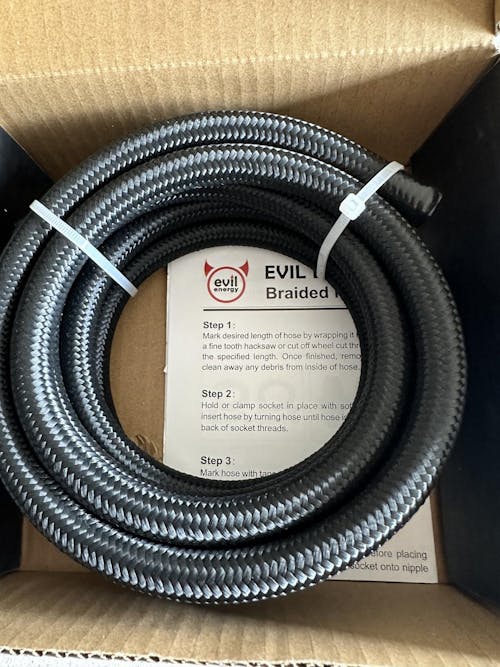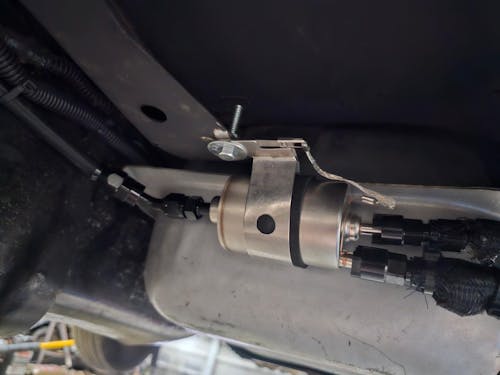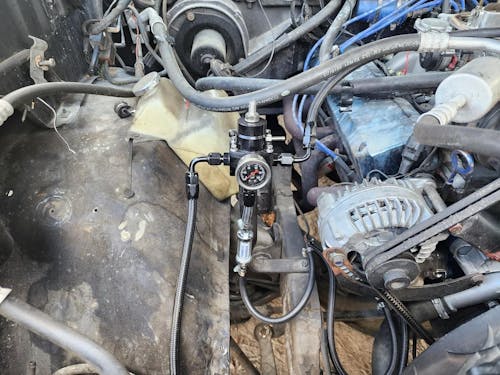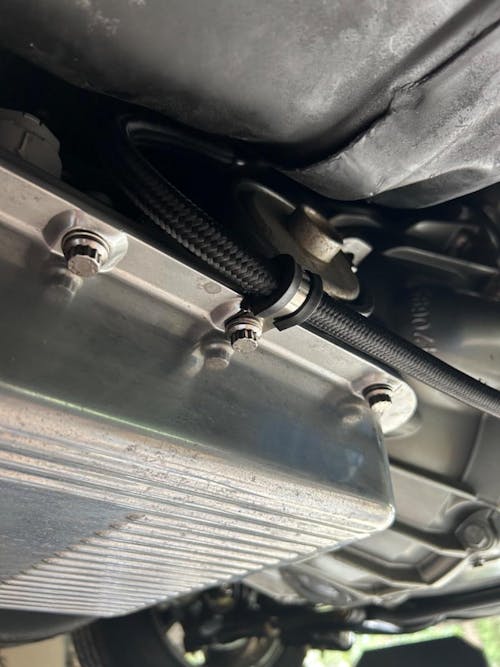What is a Transmission Cooler?
When it comes to keeping your vehicle running smoothly, one of the most important components that often goes unnoticed is the transmission cooler. Understanding what a transmission cooler is and how it works can help prolong the life of your vehicle's transmission and improve its overall performance.
What is a Transmission Cooler?
A transmission cooler is a vital part of a vehicle's transmission system designed to regulate the temperature of the transmission fluid. Transmission fluid, which acts as both a lubricant and coolant for the transmission, can become very hot during operation, especially under heavy loads or when towing. If the fluid temperature gets too high, it can lead to transmission damage, reduced performance, and, in severe cases, complete transmission failure.
The transmission cooler helps to prevent overheating by cooling the transmission fluid as it circulates through the system. In most vehicles, the cooler is located near the radiator, and it works by using a combination of air and coolant to draw heat away from the fluid. This allows the transmission to operate at optimal temperatures, enhancing efficiency and durability.
How Does a Transmission Cooler Work?
The basic function of a transmission cooler is to lower the temperature of the transmission fluid by transferring heat. The transmission fluid flows through metal lines that connect the cooler to the transmission. These lines pass through a series of fins or tubes that are designed to dissipate heat.
In many vehicles, the transmission cooler is integrated into the radiator, where it shares space with the engine coolant system. This dual-function design allows the transmission cooler to benefit from the radiator's cooling properties, improving overall heat dissipation.
In some heavy-duty vehicles or high-performance cars, a separate transmission cooler may be installed to provide additional cooling. These coolers are typically more efficient and are especially useful when the vehicle is regularly subjected to towing, off-road driving, or high-speed driving.

Why is a Transmission Cooler Important?
Transmission coolers are crucial for the longevity and performance of your vehicle's transmission. Here's why:
-
Prevent Overheating: Transmission fluid can easily reach high temperatures, especially during intense driving conditions. Overheated fluid can break down more quickly, leading to poor performance and eventual transmission damage. A cooler keeps the fluid within optimal temperature ranges.
-
Extend Transmission Life: By maintaining the right temperature, a transmission cooler reduces the strain on the transmission, which can significantly extend its lifespan. This is especially important in vehicles that are used for towing or heavy-duty tasks.
-
Improved Efficiency: Properly cooled transmission fluid allows the transmission to operate more efficiently, resulting in smoother shifting, better fuel economy, and overall enhanced vehicle performance.
-
Cost-Effective Maintenance: Installing a transmission cooler or replacing a damaged one can be a cost-effective way to prevent costly transmission repairs in the future. Ensuring your transmission stays cool helps avoid issues that could lead to expensive repairs or even the need for a full replacement.
Signs Your Transmission Cooler May Need Attention
Like any other vehicle component, a transmission cooler can wear out or become damaged over time. Here are some signs that your transmission cooler may need attention:
-
Transmission Overheating: If your vehicle's transmission is running hotter than usual, it could be a sign that the cooler is not functioning properly.
-
Leaking Transmission Fluid: A leak in the cooler lines or the cooler itself can lead to a loss of transmission fluid, which can cause overheating and damage.
-
Erratic Shifting: If you're experiencing rough or delayed shifting, it could be an indication that your transmission fluid is not properly cooled, leading to poor performance.
-
Warning Lights: Some vehicles may trigger a dashboard warning light if the transmission is overheating or if there is a malfunction with the cooler.
Conclusion
In conclusion, a transmission cooler is an essential component that plays a significant role in maintaining your vehicle's transmission system. By regulating the temperature of the transmission fluid, it helps prevent overheating, extends the lifespan of your transmission, and ensures that your vehicle performs optimally. Regular maintenance of your transmission cooler can save you money in the long run by preventing costly repairs and ensuring that your transmission stays in top condition.


![EVIL ENERGY 4/6/8/10AN PTFE Fuel Line Kit | E85 Nylon Braided Hose | 16/20FT Black Black with Comprehensive Fittings [20FT]](http://www.ievilenergy.com/cdn/shop/files/Test-2025-Evilenergy-125598065_165x.png?v=1742144807)
![ptfe hose fitting kit [16FT]](http://www.ievilenergy.com/cdn/shop/files/Test-2025-Evilenergy-125598171_165x.png?v=1742144807)
![CPE Fuel Line[25FT]](http://www.ievilenergy.com/cdn/shop/files/25FTCPE_FuelLine_165x.png?v=1735220649)
![CPE Fuel Line[20FT]](http://www.ievilenergy.com/cdn/shop/files/20FTCPE_FuelLine_165x.png?v=1735220649)

